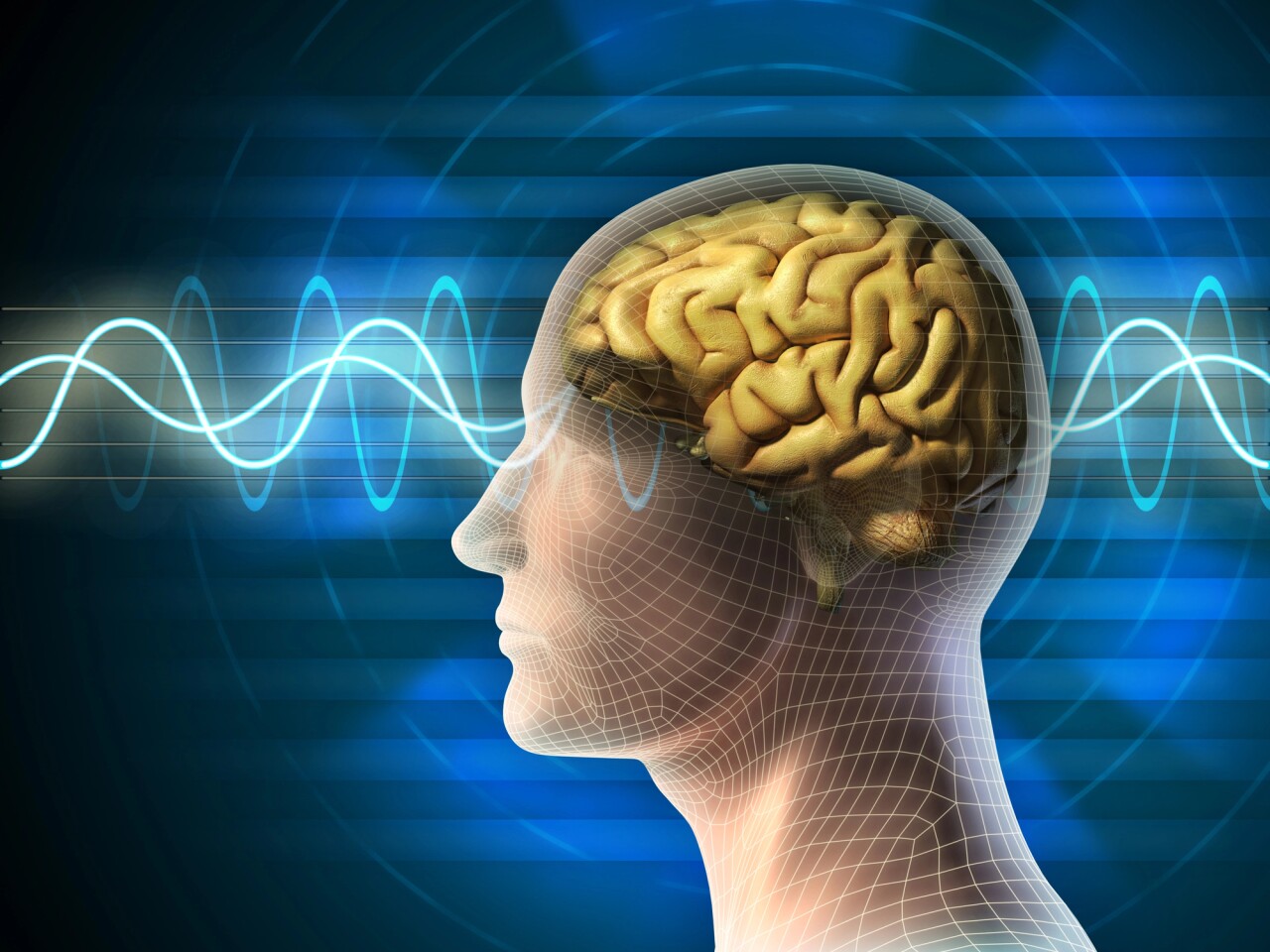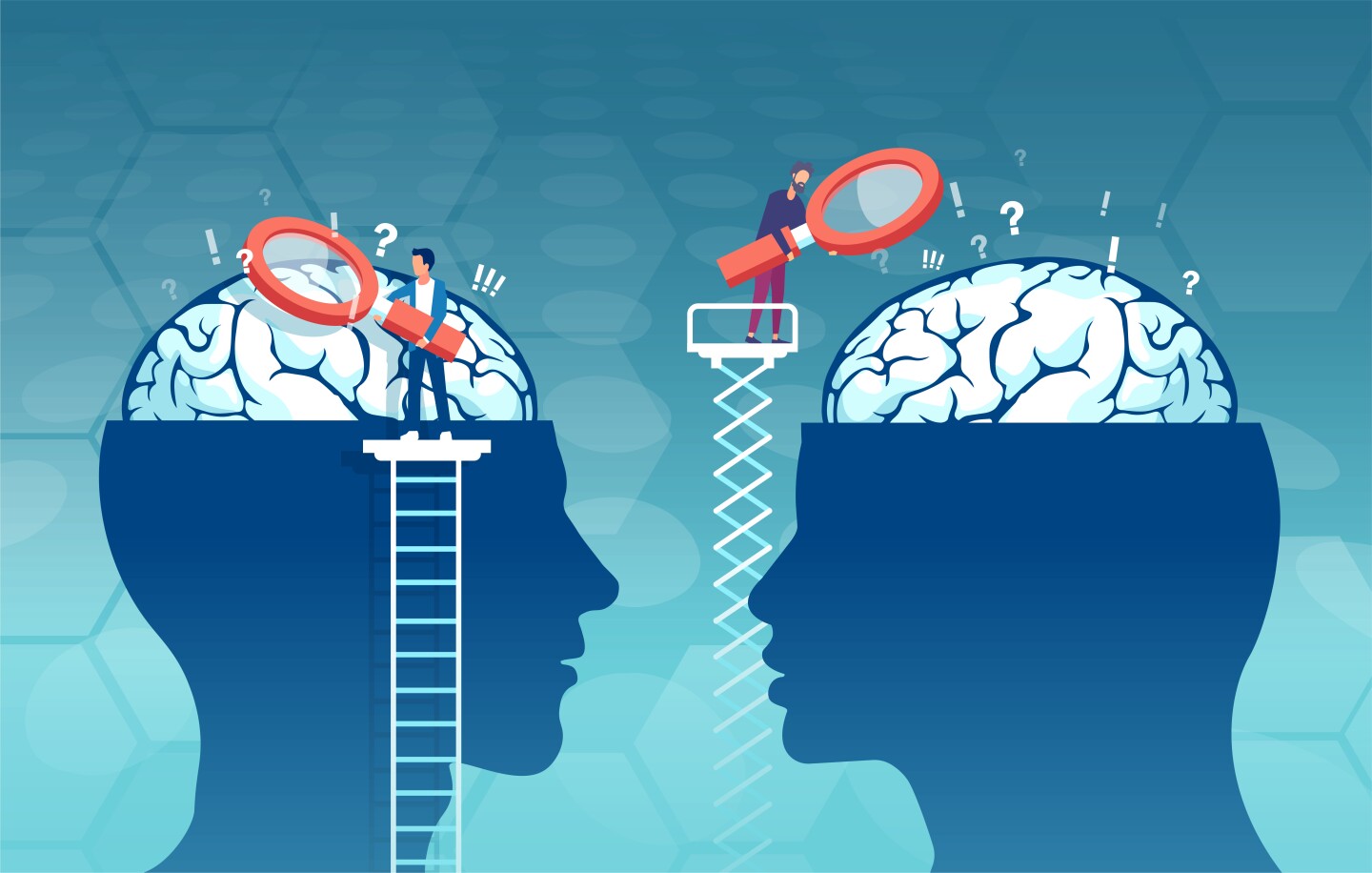Our brain matter is stuck at a phase transition, says new study
Based on fractal patterns in neurons, researchers believe our brains exist at or near a state called criticality where they’re extremely close to shifting from one state of matter to another. They also admit they don’t know what either state is.Continu… Continue reading Our brain matter is stuck at a phase transition, says new study

